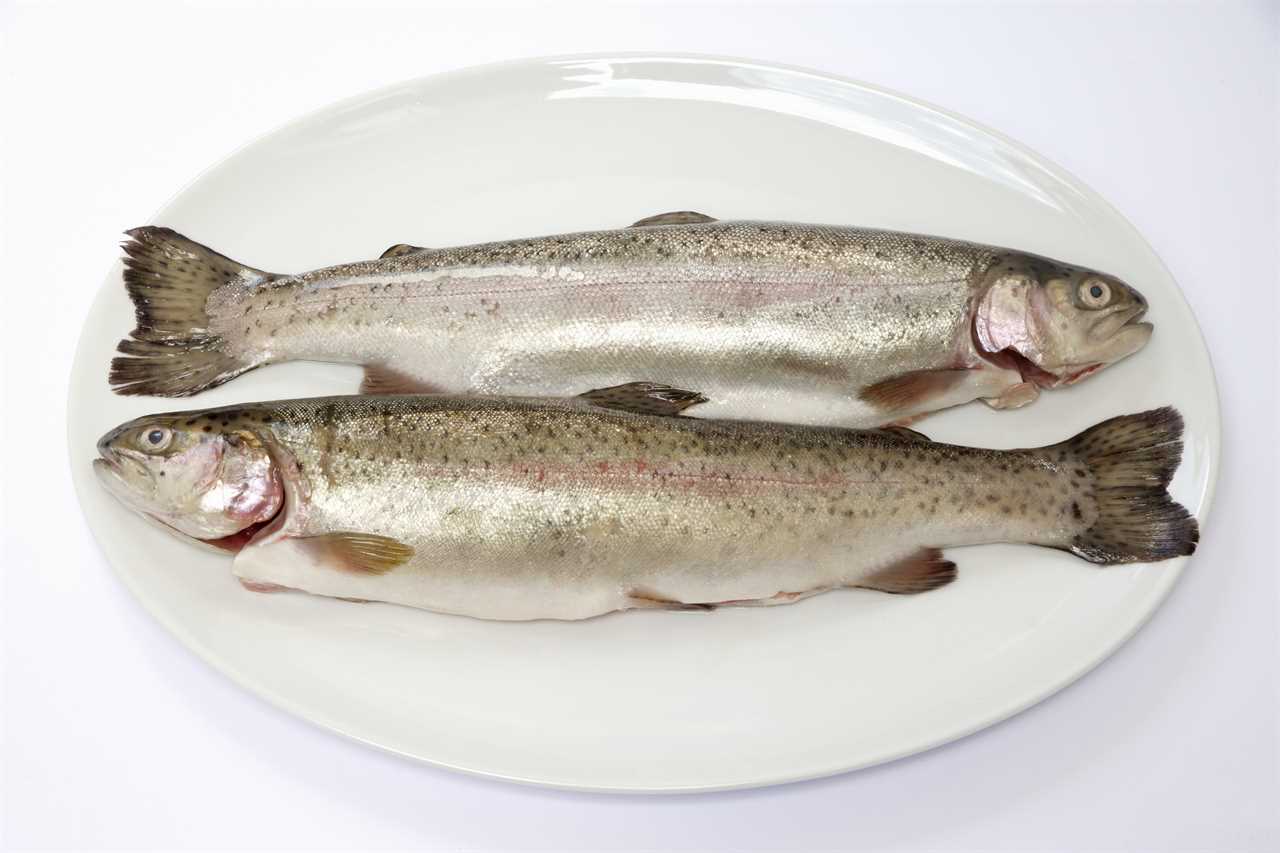EATING fish regularly raises skin cancer risk, research suggests.
U.S. experts looked at consumption and the chances of developing malignant melanoma.

They found those who scoffed 43g of fish daily – roughly two weekly portions – were 22 per cent more likely to develop the disease than those who rarely ate any.
Scientists think pollutants found in seafood could be behind the link.
The NHS says a healthy diet should include two 140g helpings of oily fish (salmon, sardines or trout) each week.
And other experts said there was no need to stop eating it, despite the worrying findings.
Read more on melanoma
The study, published in the journal Cancer Causes & Control, looked at the intake of 491,367 adults.
Lead researcher Eunyoung Cho, from Brown University in the U.S., said: “Our findings have identified an association that requires further investigation.
“We speculate that our findings could possibly be attributed to contaminants in fish, such as polychlorinated biphenyls, dioxins, arsenic and mercury.
“Previous research has found that higher fish intake is associated with higher levels of these contaminants within the body and has identified associations between these contaminants and a higher risk of skin cancer.”
Around 16,200 people are diagnosed with melanoma annually in the UK, making it the fifth most common cancer.
Commenting on the study, Brit experts said there is no reason for people to change their diets.
Dr Michael Jones, from the Institute of Cancer Research, London, said: “The authors found a higher intake of non-fried fish and tuna was associated with melanoma.
“These results were statistically significant and therefore unlikely due to chance.
“No one study should be considered in isolation and further research is needed to see if the findings from this study are replicated.
“A general healthy balanced diet should include fish and the results from this study do not change that recommendation.”
Prof Stephen Duffy, Professor of Cancer Screening, Queen Mary University of London added that the results of the study were striking.
However, he said medics have raised more questions than they have answered in the paper.
“The estimated effect of fish consumption on risk is small,” Prof Duffy said.
“A 1,200 per cent increase in median consumption is associated with only a 22 per cent increase in risk of melanoma.
“One might speculate that there may be confounding with fishing, either as a leisure or occupational activity, which would confer higher exposure to sunlight.
“Also, the fact that with fried fish there is no increase in risk, and possibly even a decrease, requires some explanation.”
Read More on Trending In The News
He added that the estimation of risks associated with diet is fraught with difficulties.
This he said, is because association with dietary issues can also be linked to other risk factors.










